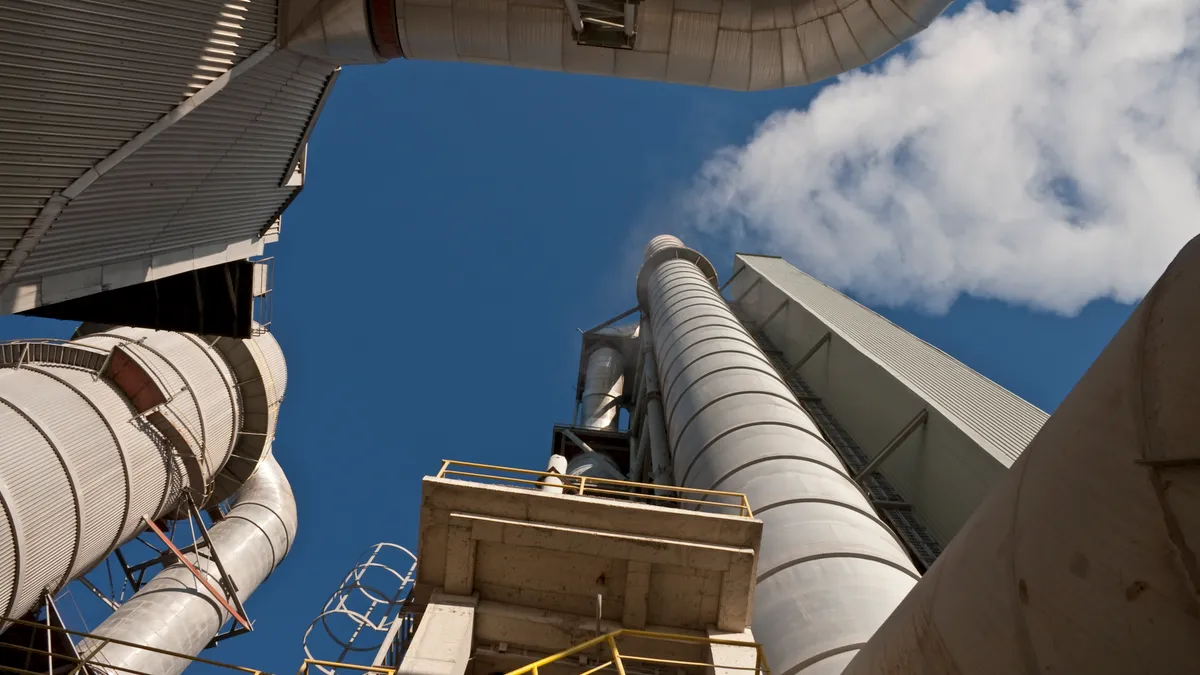Dive Brief:
-
Taiheiyo Cement, owner of one of southern California’s largest cement producers, announced it was abandoning its plan to buy a rival’s facilities after the Federal Trade Commission said it would leave the region’s industry too concentrated
-
“The parties have been unable to timely obtain the necessary approval by the U.S. Federal Trade Commission,” the Japan-based company said.
- Holly Vedova, director of the FTC’s competition bureau, touted the agency’s role in stopping the deal. “The transaction would have reduced the number of cement suppliers in Southern California from five to four, further concentrating an already concentrated market, and was presumptively illegal,” she said.
Dive Insight:
Taiheiyo-owned CalPortland announced its plans last year to buy a cement plant in Tehachapi, Calif., and two distribution terminals for $350 million from Martin Marietta Materials. The deal would have consolidated cement producers in southern California from five to four at a time when construction demand was expected to grow significantly, in part because of projects planned for the 2028 Olympics in Los Angeles.
"We expect the US cement business to continue to have strong demand from the private sector in view of projected economic growth and chronic housing shortages going forward,” CalPortland said in a statement last year. “Additionally, we expect the infrastructure demands to accelerate as a result of the passing of the more than US$1tn infrastructure investment bill by the US Congress. Further, California is likely to have even greater growth because it will host the 2028 Los Angeles Olympics.”
In nixing the deal, the FTC said CalPortland and Martin Marietta Materials are two of only five suppliers in the region. Had the deal gone through, CalPortland would have owned half of the cement plants serving the Southern California market.
The company, the FTC said, “would have been well-poised to raise prices unilaterally, and to sustain those price increases. The transaction would have also increased the likelihood for coordinated action between the remaining competitors in this concentrated market.”
Martin Marietta had already sold one plant, in Redding, Calif., to CalPortland a year earlier, as part of its divestment of some $2 billion in cement production assets it had bought from Lehigh Hanson.
The FTC began stepping up antitrust enforcement efforts two years ago and last year it shattered records in the number of deals it blocked, according to an assessment by the global law firm Dechert.
Almost two-thirds of the merger probes the agency conducted last year resulted in the deal either being blocked or abandoned, almost twice as many as in 2021, itself a record year.
“What we’re seeing now is that there are fewer merger cases being settled and far more instances where the agencies are seeking to block the merger,” James Fishkin, an antitrust partner at Dechert, said in February, when the firm’s report was released.











